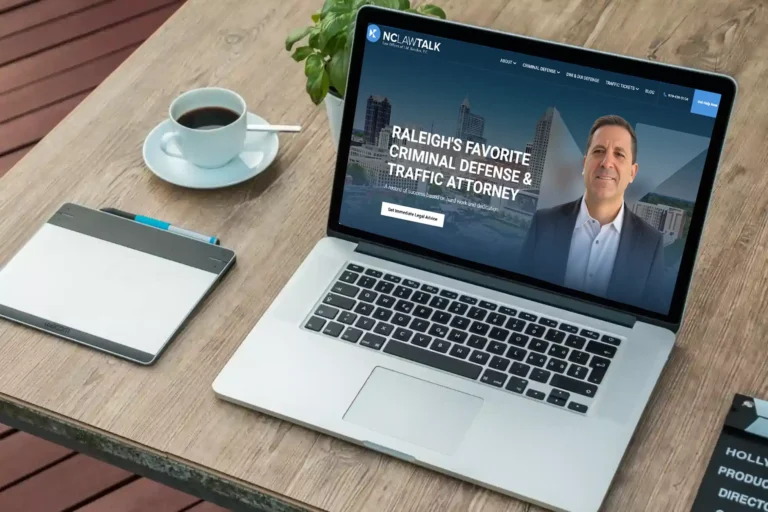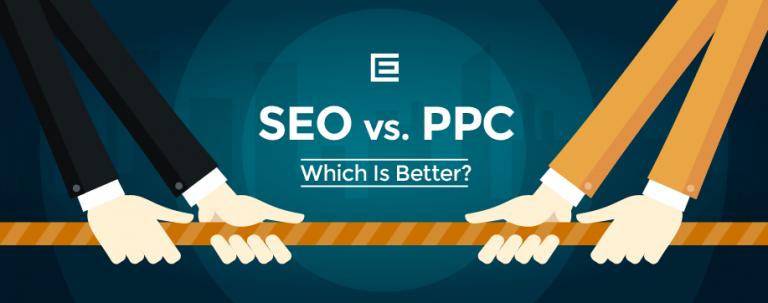The To Do’s of Properly Structuring a URL
Keep Your URL’s at an Optimal Length
Most URL’s on a search results page keep their character limit from around a healthy 30-40 words. Consider your audience. Shorter URLs are east to share, copy and past and are easier to read. Essentially, the URL will provide a glimpse into what information you may see when visiting the page. It’s unlikely, but excessively long URLs could see reduced rank. Just make sure that your website visitors are having a good user experience, and a shorter URL is a step in that direction.Try to Get a Keyword in the Domain
Currently, keywords in the domain are less important than previously. However, this trend in declining importance doesn’t mean avoid keywords in a domain. It just means that if you can’t get your optimal keyword rich domain, then there is not a real cause for concern. If you are able to get a keyword rich domain, then by all means do so. Just make sure it reads natural and not spammy. Remember that having a keyword in the URL provides a relevancy signal to search engines and users.Properly Order Your Keywords
If you can get a keyword in your domain, try to make the keyword the first word. This may not move the needle much, but it could be the difference in ranking higher than your competitor. URL’s with keywords later in the structure or not at all, will lose out on the edge that a keyword listed first could provide. Remember, every little bit helps.Sub-Folders
You can keep your URL clean by not using sub-folders, but this hasn’t shown to be a significant factor either positively or negatively. Ultimately, sub-folders help compartmentalize the websites information without hurting rank. This could be a benefit to user experience, which could thus improve search results. Just make sure to avoid excessive use of sub-folders. Also, pages closer to the homepage may get slightly improved rankings than those further down into the sub-folders, so make your best judgment here.Try to Keep Your URL in Lower Case
Case sensitivity matters on some servers. You can reduce having problems by exclusively using lower case as part of your URL structure.Keep it Simple!
Keep your URL simple. Make sure it is easy to read and not a jumble of characters. For example, a URL like https://www.crazyurl.com/ab572/?=bad/-idea_for!/YoU would probably be a bad idea! It doesn’t explain much about what you will see and humans and crawlers alike may have trouble deciphering the context of the URL. URL strings should provide a signal to search crawlers that suggest a theme about what the page may contain. Basically, you are providing details to describe what your page is about. The URL is a major part of why users click the link.Consider Your Site Security!
URL’s with an S in the http string get more consideration for ranking. The S in https mean a secured website. In 2014, Google started giving a slight boost to websites with this designation from the SSL certificate. This is a two-fold reasoning for having the https for your website.-
- 1. you may receive a slight bump in SERP rankings; and
-
- 2. your users will feel more confident supplying their personal information to a secured website.
Avoid These Common URL Mistakes for Better SEO Value
Characters in the URL
Avoid using characters like: @&$% and others. Crawlers have a difficult time reading this text and can drop your page in the search result because it cannot identify the relevancy. Also, some users may not be able to access the page because URL’s with heavy character use can also break some browsers. We are looking at you Internet Explorer.Be Aware of How Phrases are Read by Crawlers
A long tail URL should use a dash (-) rather than an underscore (_) to separate individual words. This effects how a search engine reads the URL. Bots recognize the dash represents two words, but the underscore will be read as one word. Although artificial intelligence is getting better at reading, dashes are already acceptable for URL structures, so why take the chance? For example: https://www.sampleurl.com/my-blog reads as: my blog and, https://www.sampleurl.com/my_blog reads as: myblog Try not to use spaces. Spaces are represented by the code %20. This goes back to the readability of a website URL mentioned above.DON’T CHANGE YOUR URL FOR A RANKING PAGE!
Be wary of changes to your URL structure for pages that already rank well. It’s not worth risking damage to your Page Rank for a minimal bump by trying to add a keyword for SEO. Basically, the cliche, “if it’s not broke, don’t fix it” applies here.You’ve Heard about Duplicate Content Being a Bad Idea Right?!
Don’t have 2 or more URL’s with similar content as there is the potential to share ranking. This is not a good thing. You may could have one page rank very well, but rather there are 2 pages that are working against each other, hurting the ranking of both pages.Keep Your URL and Page Title Similar
Don’t create a URL that is different than the page title. A URL similar to the page title will be a better ranking signal than a page that the URL and the title are dissimilar. Basically, search engines can’t identify the similarity, and since a good user experience is crucial, they may determine this is a poor relevancy signal and drop the website in the rankings.Don’t Let Your Redirects Get Out of Control
Avoid redirects if possible, but keep the redirect chain short if redirects are necessary. One redirect is normally ok. Search engine programmers understand that sometimes you have to point a URL in a different direction. But, if you redirect a single URL to a second URL, only for that URL to redirect to a third, that makes Google unhappy. Try to redirect the original URL to the third URL and bypass using the second one altogether. This will be the best way to reduce lost Page Rank (PR).Are You Having Trouble Getting Your Website to Rank?
Getting a website to rank isn’t magic, but it does take hard work, consistency and remembering the importance of relevancy signals. The goal is to show Google, Bing and any other search engines that your website is worthy of the top positions, because you have a service, product that can adequately fill the need of consumers. Failing to properly do this will ultimately keep your website from being seen.If so, then consider contacting the internet marketing professionals at TheeDigital in Raleigh, NC at 919-341-8901 or schedule a consultation.


